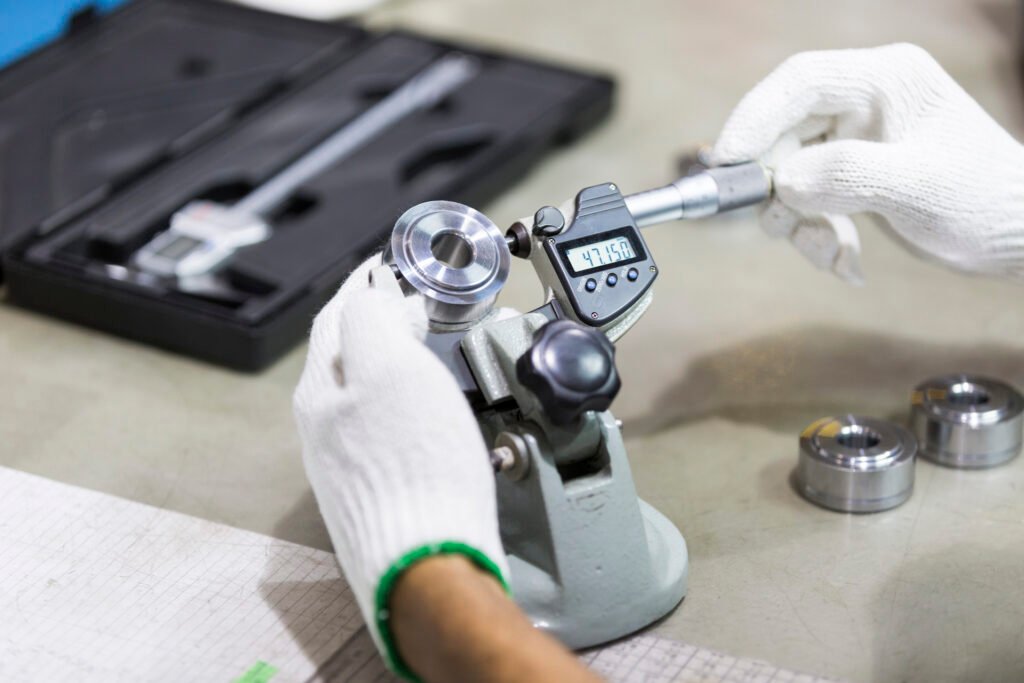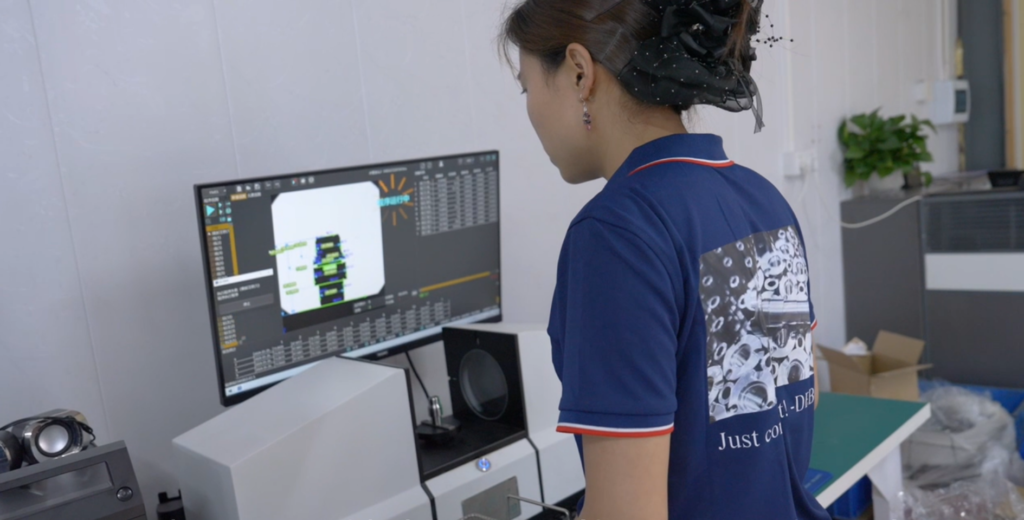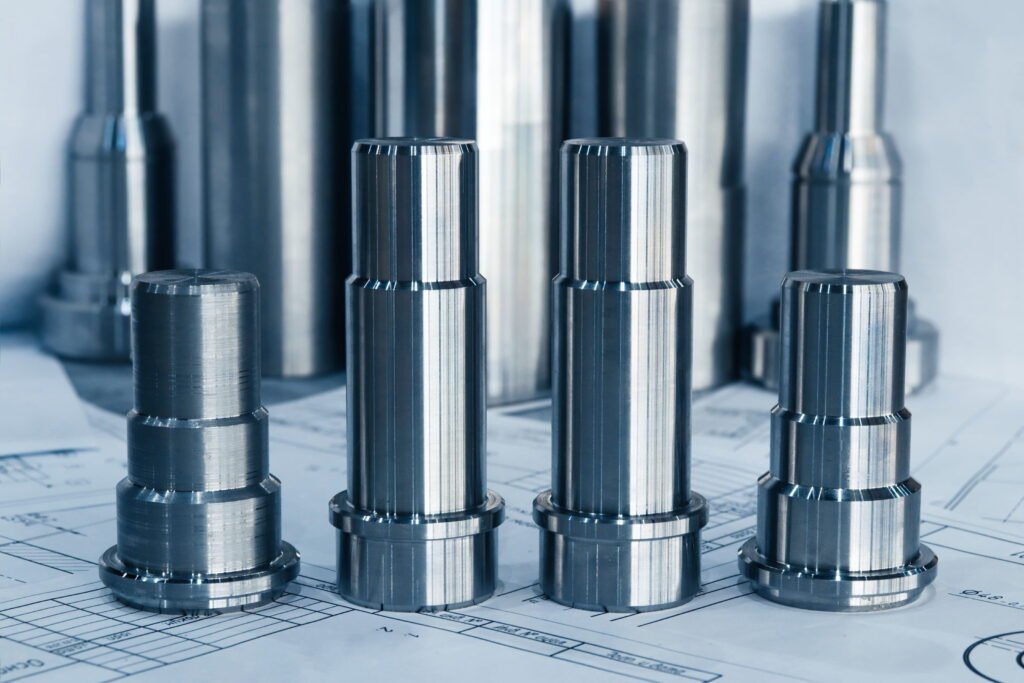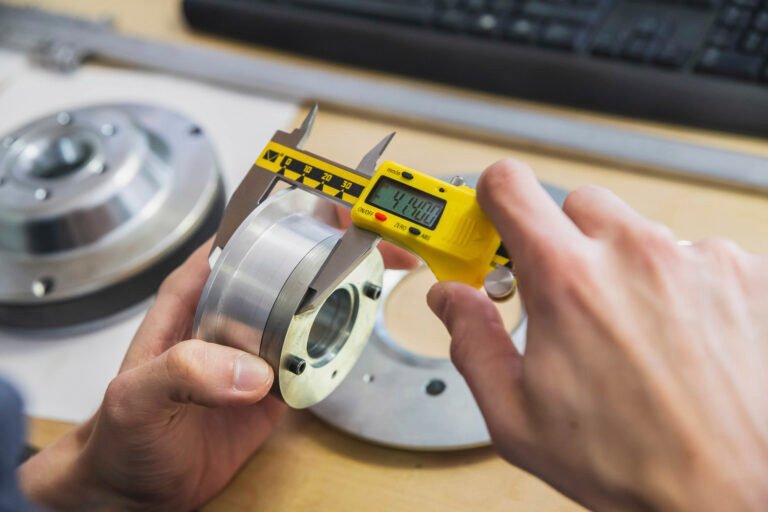Fastener testing plays a critical role in ensuring product safety, but not every lab can deliver results you can trust — that's where ISO 17025 accreditation steps in.
ISO 17025 accreditation ensures fastener testing labs meet strict quality and technical standards, offering trusted, consistent, and internationally recognized test results.

Choosing a fastener testing lab without proper accreditation can cause big risks — unreliable results, quality issues, or even product failures. Understanding ISO 17025 helps you pick better partners, reduce risks, and protect your brand's reputation.
What is the purpose of ISO 17025 accreditation?
When quality issues strike, customers don't care about excuses — they want results. That's why testing labs must prove their competence, not just claim it.
The purpose of ISO 17025 accreditation is to show a lab’s ability to produce precise, repeatable test results that meet international standards.
ISO 17025 exists to give buyers confidence. When a lab is accredited, it means an independent body has checked its technical ability and quality systems. This matters because fasteners often hold critical components together. Whether it’s a car part or a machine assembly, one bad fastener can cause huge failures. ISO 17025 accreditation guarantees that the lab uses approved methods, calibrated equipment, trained technicians, and proper documentation practices. It creates a bridge of trust between you and your supplier.
Here’s a table summarizing the major benefits:
| Benefit | Impact |
|---|---|
| Verified technical ability | More accurate and reliable testing results |
| Standardized procedures | Consistent results across multiple tests |
| International recognition | Easier acceptance in global markets |
| Risk reduction | Lowers the chance of product failures |
| Customer confidence | Stronger business relationships |
What are the 5 requirements of ISO 17025?
Managing fastener sourcing is stressful enough — unclear standards make it worse. ISO 17025 clears up the confusion with simple, strict requirements.
The five key requirements of ISO 17025 are impartiality, confidentiality, structural competence, resource management, and consistent operational processes.

Each requirement focuses on a different part of lab operations. Let’s break them down:
| Requirement | Explanation |
|---|---|
| Impartiality | Labs must avoid conflicts of interest and stay unbiased |
| Confidentiality | Labs must protect customer information |
| Structural Competence | Labs must have a clear organizational structure and defined responsibilities |
| Resource Management | Labs must properly manage people, equipment, and facilities |
| Process Consistency | Labs must follow set procedures for testing and calibration |
In fastener testing, even tiny mistakes matter. One wrong measurement can mean a bolt fails under pressure. That’s why ISO 17025 demands tight control over every test. Labs must show evidence — records, charts, and certificates — that they meet all five requirements, every day, with every sample.
What is the scope of accreditation 17025?
Sometimes, labs talk big — claiming to "do it all." But real quality lies in their scope — the exact list of tests they are approved to perform.
The scope of ISO 17025 accreditation defines the specific tests, methods, and measurement ranges that a lab is officially approved to perform.
The scope document is important. It tells you if the lab can really handle the fasteners you need tested. For example, a lab might be accredited for tensile strength testing but not for corrosion resistance. Without checking the scope, you might assume they can handle everything — and get burned later.
Typical scope details for fastener testing include:
| Category | Example |
|---|---|
| Mechanical Testing | Tensile, yield, elongation, hardness |
| Dimensional Inspection | Thread measurements, length, head dimensions |
| Chemical Analysis | Material composition checks |
| Environmental Testing | Salt spray (corrosion) testing |
Always ask for the lab’s full ISO 17025 scope document before sending parts for testing. Otherwise, you risk getting "non-accredited" results that your customers might reject.
What is an ISO 17025 accredited laboratory?
When I started sourcing fastener testing services, I thought all labs were basically the same. I quickly learned otherwise — the hard way.
An ISO 17025 accredited laboratory is one that has been independently audited and approved to perform specific tests following internationally accepted quality and technical standards.

Accredited labs are different from other labs in many ways:
| Feature | Non-Accredited Lab | ISO 17025 Accredited Lab |
|---|---|---|
| Quality System | May be informal or inconsistent | Must follow strict ISO standards |
| Equipment Calibration | May be irregular | Must be regular and documented |
| Staff Competence | Variable | Proven through training and evaluation |
| Result Acceptance | May be questioned | Trusted internationally |
Working with ISO 17025 accredited labs gave me peace of mind. I knew the results I got were reliable, traceable, and accepted by my clients worldwide. It also helped me avoid embarrassing recalls and client complaints. In fact, some of my biggest customers now require ISO 17025 reports as a basic condition for doing business.
Conclusion
Choosing ISO 17025 accredited labs for fastener testing gives you reliable results, protects your reputation, and strengthens customer trust — without the risks of working with uncertified labs.


